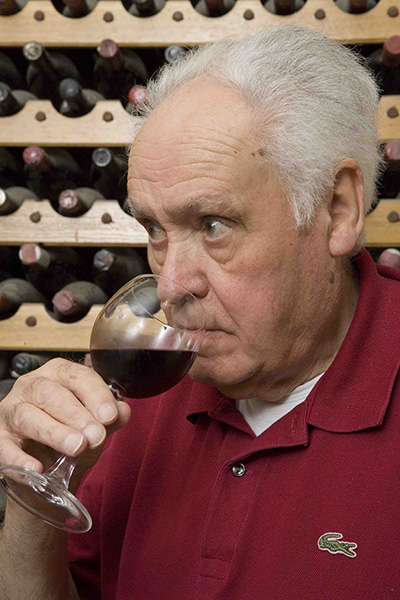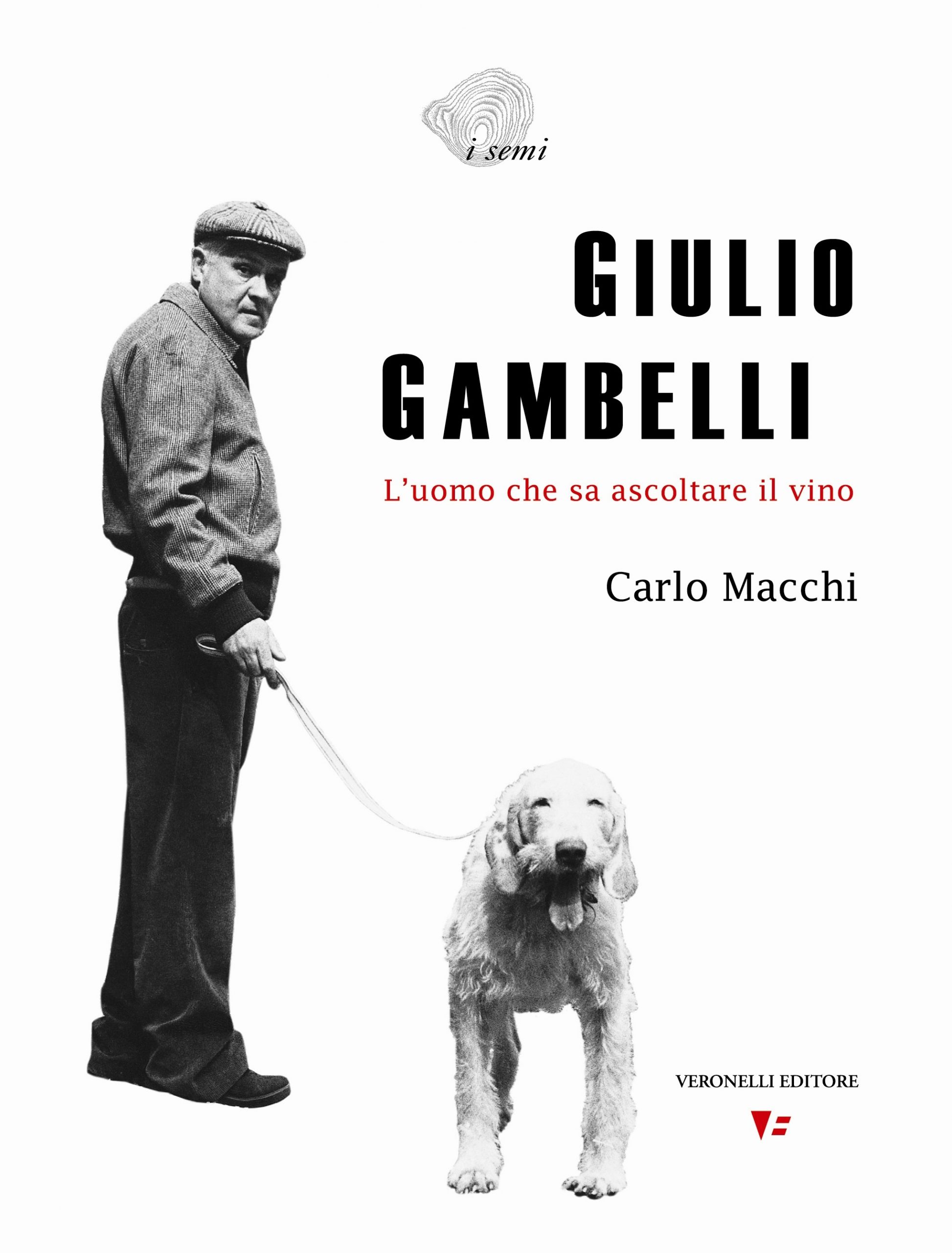21 May “Giulio Gambelli, the man who knows how to listen to wine”, by Carlo Macchi
Carlo Macchi, a food and wine journalist, has recently written with affection and inspiration the life story of his great friend Giulio Gambelli. In the preface to the book, published by Veronelli in the prestigious “I Semi” chain, Macchi defines Gambelli by his great human and professional talents: “the last Sangiovese butterfly,” that, “for the past sixty-five years, instead of flying off, has been creating wines that make you feel lighter” – and happier, we might add.
Thanks to this volume, the work of Giulio Gambelli, Master Taster, nicknamed “Bicchierino” (meaning “little glass”), has finally been shared and celebrated, which is no less than he deserves, being recognised as the greatest connoisseur of Sangiovese and, according to Gianfranco Soldera, the best wine-taster ever. Soldera is bound by a deep friendship and esteem of Gambelli, who he has known for over thirty years and who is always on hand at Case Basse to taste wines and to compare sensations and emotions. “Giulio tastes what others do not, there’s no-one like him”, says Soldera. These extraordinary professional qualities characterise a person who stands out for his humanity, honesty, simplicity and great soul, far from the spotlight and not appreciated as he should be.
The presentation of the book was held at Poggibonsi the 17th of April 2007, where he was born, and was a huge success, with over 500 participants and numerous testimonials. During this event the “Bicchierino d’oro” award was inaugurated, awarded for the first time by Gambelli and then by an illustrious personage in his honour each year.




